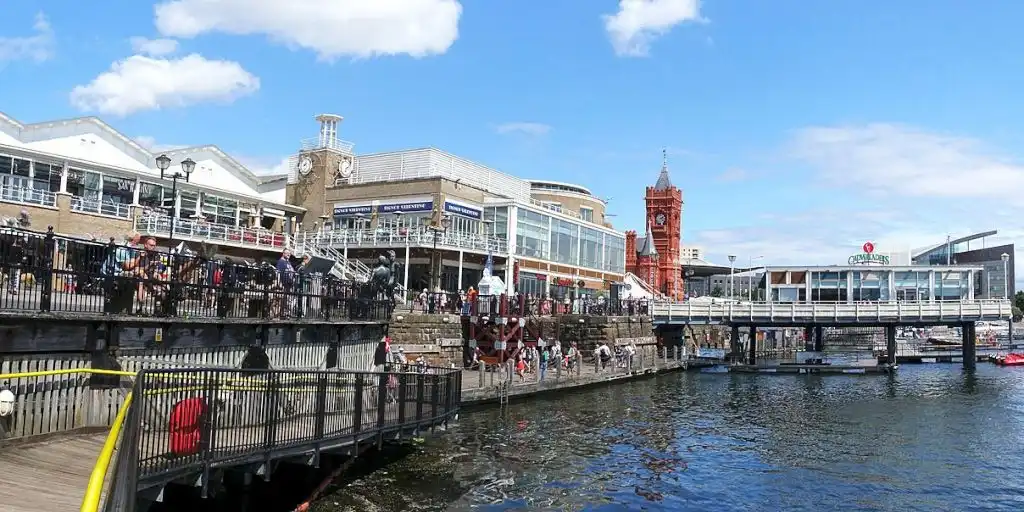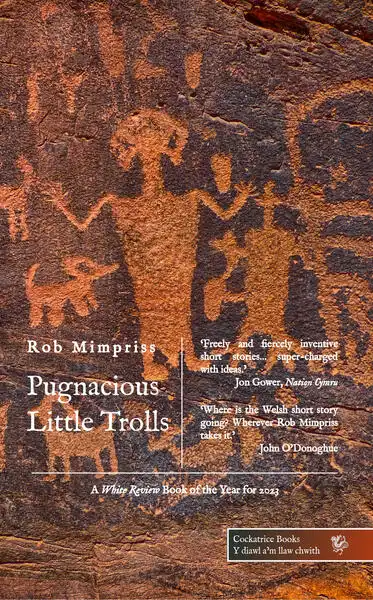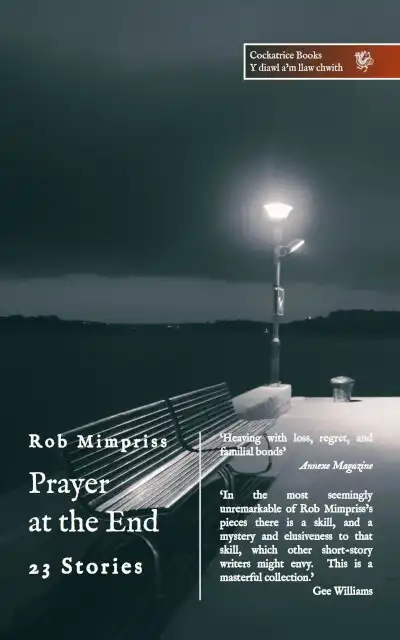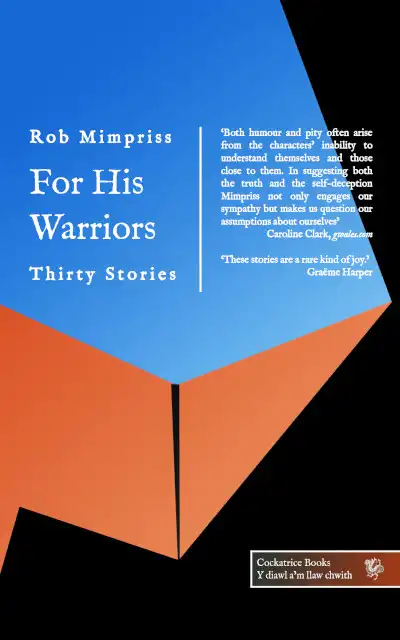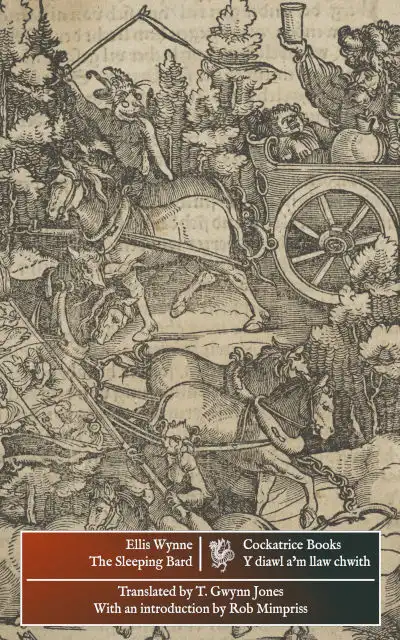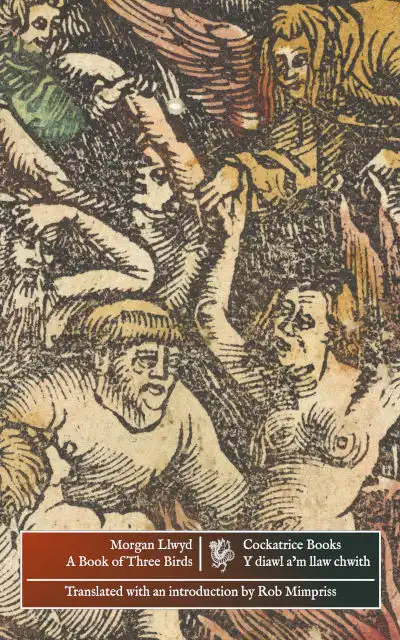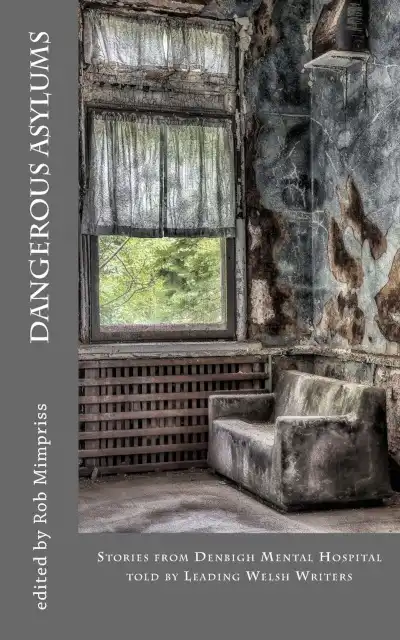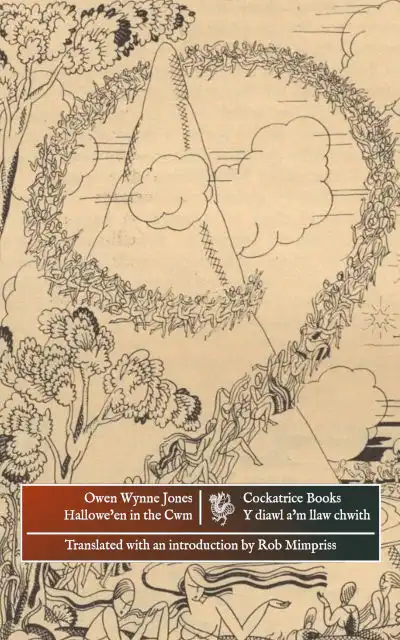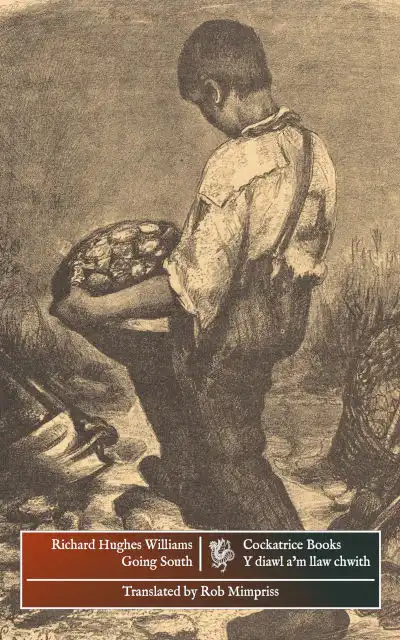I am sitting in the outdoor dining area of a turtle sanctuary in Costa Rica, in the summer of 2009. The dining area has a view of the beach on one side, a strip of black sand, and surf, on the other, dense palm woods leading down to a river on the further bank of which is dense jungle. It is late evening. The project manager has taken the motorboat upriver to town, collecting a new group of volunteers in time for a late evening meal, and because I am on night duty I have time to drink coffee, to listen to the geckos in the eaves, to watch other volunteers returning from earlier shifts, and to talk to the two young women, newly arrived as volunteers on the project, sitting opposite. They have been speaking Spanish with cultivated Castilian accents. When the conversation turns to English and we begin to chat, I mention my own visits to Spain, and my travels in the Catalan-speaking regions on the Mediterranean coast. Immediately their faces darken, and they tell me they hate the Catalans. ‘Why?’ I want to know. ‘Is it because they’re nationalists, and want to break up the Kingdom of Spain?’ Yes, that is exactly the reason, they tell me.
When nationalists are mentioned in the wider media, it is always in terms of what we wish to break up or destroy. The consequences of our narrow-mindedness, our bigotry, we are told, are borders running through Yugoslavia or the USSR, dividing Scotland from England, Czechia from Slovakia, Catalonia from Biscay and Castile. Our ambitions are a menace not only to the ancient unions of Europe – Britain, France and Spain – but to the European project itself, such that Guy Verhofstadt takes to social media to broadcast his contempt of the Catalan independentists, and Alastair Campbell, addressing a pro-European rally in Manchester (1st October 2017), compares the Scottish nationalists who want a state of their own with the Brexiteers who want to cut us off from Europe. The nationalist might retort with reference to the borders which divide the Basque or the Catalan nation into provinces of Spain and France, which threaten to isolate the Northern Irish from their compatriots to the south, which separate the Ruthenians of Romania from the Ruthenians of the Ukraine; but in any case, the accusation is groundless. Both movements seek European membership for their countries, and the freedom of movement which this entails, and both Alastair Campbell and Guy Verhofstadt must surely know the fact.
I come across a Facebook post by a friend, identifying the growing independence movement in England as a possible ally for the independence movements in Scotland and Wales. I take some pains in framing my reply. I point out that the UK, whether rightly or not, has acquired the appurtenances of a nation state, that those are mostly based in England, that the wealth of the Celtic nations has been appropriated by England, and that England cannot unilaterally secede from that relationship without reneging on its responsibilities to the countries it has exploited. I explain that while a body can lose an extremity and survive (an arm or a leg, Wales or Scotland), it cannot lose the torso and remain a body at all, so that the English separatists are seeking not to leave a union but to destroy one. I say that far from being a liberation movement, English independentism seeks to disenfranchise a minority of British citizens without either seeking their consent or compensating them for their loss, that as Welsh nationalists we we have nothing in common with such a movement, and should not be stoking the fires of the English far right. An Englishman takes offence. He tells me that my metaphor is proof that I hate the English. He tells me that it is proof that I hate him. He accuses me of wanting to take English children and carve them into pieces, or to keep them in zoos, and he tells me that I am trying to become Wales’s answer to Hitler.
The misrepresentation, the slander of stateless nationalisms can become a little ridiculous.
When, as Tom Nairn predicts, such slander comes from the political left, when we are told that our independentism is a betrayal of our socialism, the condemnation suggests a misunderstanding of history. In 1706, near-bankrupted by its failed attempt to establish an overseas empire, the Kingdom of Scotland accepted political union with its more powerful and prosperous southern neighbour. England treated its new partner, as Michael Hechter explains, the way it has always treated its Celtic satellites, adapting its economy to serve its own import needs while stifling economic development overall, reducing its trade with the continent while increasing its agricultural output, and justifying its exploitation in terms of the inferiority of the Celtic cultures, in prejudices which he finds current at the end of the Twentieth Century. But England was simultaneously building an overseas empire of its own. That imperialism, as Hannah Arendt points out, was necessitated by capitalism, which required cheap overseas resources and labour to maintain the constant growth of capitalist investments, and in turn required the justification of racism, which reduced the colonised to the level of slaves, to be ruled and exploited as their colonisers saw fit. And for Arendt, Fascism was imperialism in idealised form, taking both methodology and ideology from the British Empire, and applying them to the supposedly inferior races of Eastern Europe, so that for Arendt, Nazism, imperialism, and capitalism are the inseparable parts of a single historical process. When Saunders Lewis was spending his war years in Ceredigion, writing essays that justified his Christian pacifism, and his rejection of the barbarity and violence of both British and German empires, Hannah Arendt’s masterful study of totalitarianism had not yet been written. It would not seem out of place to find his name among her references.
For Sebastian Haffner, Fascism was no more a nationalist than a socialist movement. The Nazis were happy to destroy the economy, the culture and the political traditions of Germany, reducing it to the status of a colony to serve their imperial ambitions, to the extent that when defeat became certain, the Nazis assured their population that they had adequate supplies of lethal gas to euthanise the entire German people. They were happy to kidnap blonde-haired Polish children, even while plotting the mass-murder of Germans not of the Aryan race, just as their predecessors in France had theorised a difference between the superior Frankish and the inferior Gallic races. By contrast, says Arendt, the nation state establishes its moral authority by promulgating human rights and treating its inhabitants as equals, regardless of race or religion. As the Welsh nationalist and historian, J. E. Lloyd, remarks, the word ‘Cymro’ (meaning ‘Welshman,’ ‘compatriot’) applies equally to all – the descendants of the Celtic invader, and of the Iberian he conquered.
For Ernest Gellner, nationalism and the nation state are the inevitable consequence of the industrial revolution. As the need for a skilled and mobile population increases, to satisfy the needs of its centres of industry, the state acquires control of the education system, imposing a standardised culture and written language, and begins to persecute the other languages over which it has control. In the U.K., a ruthless desire to keep the Welsh coal mines profitable, and a concern at the growing political unrest among their Welsh-speaking workforce, lead to William Williams’s speech in parliament in 1846, his condemnation of the Welsh nation as a morally inferior people, and his call for the deliberate, state-imposed extinction of the Welsh language. The consequence of this speech was the appointment of an English-monoglot commission to investigate Welsh education, the legal imposition of English as the language of instruction in Welsh monoglot schools, and the rise of the Welsh Not as a means to brutalise and intimidate Welsh-speaking children, which the Kenyan writer, Ngũgĩ wa Thiong’o, compares with the ‘child abuse’ and ‘mental enslavement’ of Kikuyu-speaking children under the British Empire. In my experience, the racism which John Davies finds behind the policy is alive and well to this day. I am repeatedly told that Wales is poor because its people are lazy and stupid. I am repeatedly told that the Welsh should be grateful to the English for subsidising their national economy and keeping their language alive. I am told that the English are the rulers of the Welsh by right of conquest, and that this includes the right to persecute the Welsh language and discriminate against its speakers. When the wider media refer to my country, it is all too frequently as a nuisance or with a sneer, and while one literary agent in London tells me quite kindly that it would be better for my career if I were to write books set in England than in Wales, another returns a manuscript of mine with a slur against the people of Wales scrawled across the front.
In 2017, some years after my conversation with two young women from Madrid, the nationalist government of Catalonia wins a referendum, and in accordance with the Catalan constitution, declares Catalonia an independent republic. During the annihilation of this fledgeling state, its president, Carles Puigdemont, flees abroad to avoid arrest, perhaps remembering his predecessor, Lluís Companys, who in 1934 declared his country independent of Fascist Spain, and was shot by firing squad. The Catalan parliament is suspended, its government dismissed, and Spanish police assault civilians with clubs, while Spanish nationalists on the streets of Madrid chant ‘¡Viva España!’ and give Nazi salutes.
That evening in Costa Rica, I join a patrol which walks a mile or so of beach in warm and heavy rain, exchanges tolerant nods with passing poachers, stops where a green turtle is laying her eggs, and retrieves them to take them back to the project’s hatchery, where they will be kept under guard until they hatch to protect them from poachers and burrowing crabs. My desire to protect the turtles arises neither from a hatred of the poachers nor from a hatred of the crabs, nor from a desire to hack children to pieces, nor even to appoint myself a Führer among the testudinary race and lead them in some murderous if ectothermically-paced revolt. I have no obsession with military uniforms or flags. I would not normally be mistaken for a patriot. My nationalism arises from my cultural engagement with the cultural crisis of Wales, not from any deficit of my inner life, and demands independence for Wales on the terms Ernest Gellner describes, as the political means to preserve its national culture.
In Barcelona in 2017, the imprisonment of political leaders following Catalonia’s declaration of independence is met with protests as crowds assemble in the city squares where the Francoists once burned Catalan books, and noisily bang their pots and pans. And in a second-floor flat in Cardiff Bay, a few minutes’ walk from the Senedd, a householder briefly bangs a saucepan lid against the cooker, for the purpose of dislodging a small piece of boiled carrot that has stuck between the glass top and the stainless steel rim. Having removed it, the householder rinses the lid, and proceeds to wipe it dry with a tea towel displaying the twenty-nine letters of the Welsh alphabet, and an equal number of concrete nouns.
Thus is the intellectual richness of a two-thousand year culture maintained.

